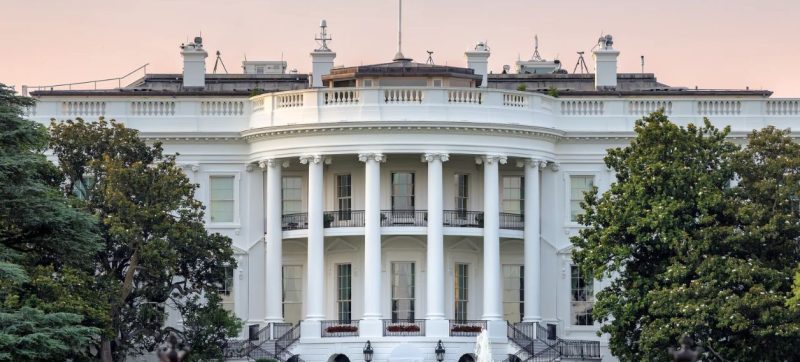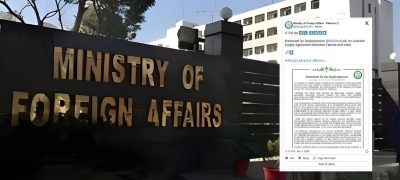The White House has issued a warning to federal agencies as the risk of a government shutdown grows. Officials confirmed that departments must prepare for possible mass firings if Congress fails to reach a funding deal.
According to a memo obtained by US media, the Office of Budget and Management (OMB) instructed agencies to draft “reduction in force” plans. These plans would outline how programs with no funding after September 30 would handle staff cuts and closures.
The move comes as lawmakers remain divided over budget negotiations. Without an agreement, the US government could shut down at the end of the fiscal year. A shutdown would affect millions of federal workers, disrupt services, and create economic uncertainty.
The OMB guidance is part of standard shutdown preparations. However, the mention of mass firings underscores the seriousness of the situation. Agencies are expected to identify non-essential staff who may face temporary or permanent job losses if funding lapses.
In past shutdowns, many government employees were furloughed without pay but later received back pay once funding was restored. The White House memo suggests a tougher approach may be considered this time, raising concerns among federal unions and workers.
Budget standoffs are not new in Washington. However, each shutdown carries political and economic consequences. Analysts warn that even a short shutdown could cost billions and reduce public confidence in government operations.
The Biden administration has urged Congress to act quickly to avoid disruption. Officials say vital services, including healthcare, defense, and food safety, could be affected if no budget deal is reached.
This latest development comes as international attention also falls on how governments manage crises. For example, Europe recently saw progress in a decades-old investigation when a Spanish cold case was solved after 20 years. Just as global cooperation brought answers in that case, US agencies are now being pushed to prepare for challenges at home.
The fate of the budget now lies in Congress, where disagreements over spending priorities remain unresolved. Unless lawmakers strike a deal soon, the United States could face another shutdown, leaving federal workers and citizens bracing for the impact.







